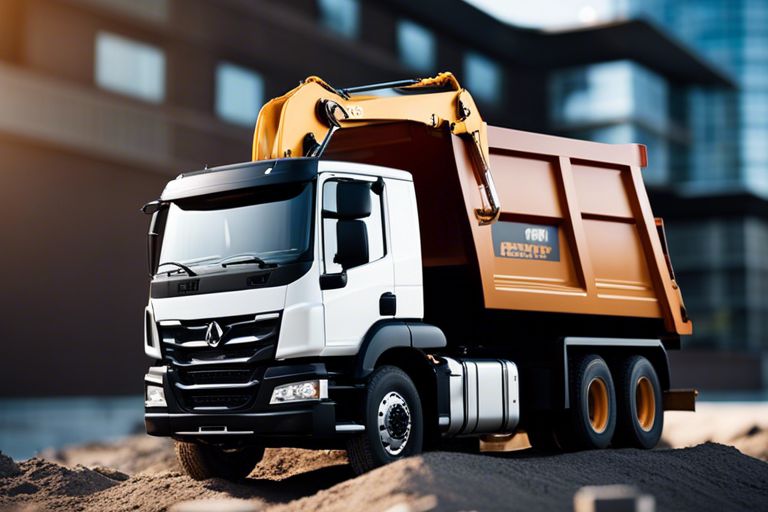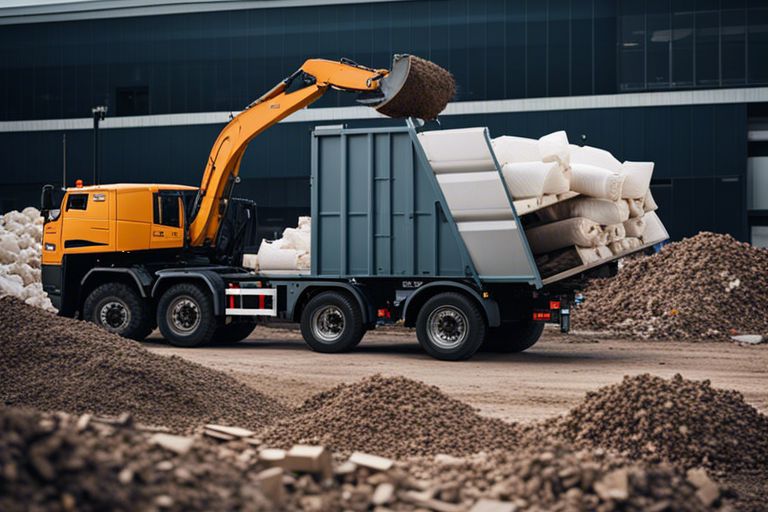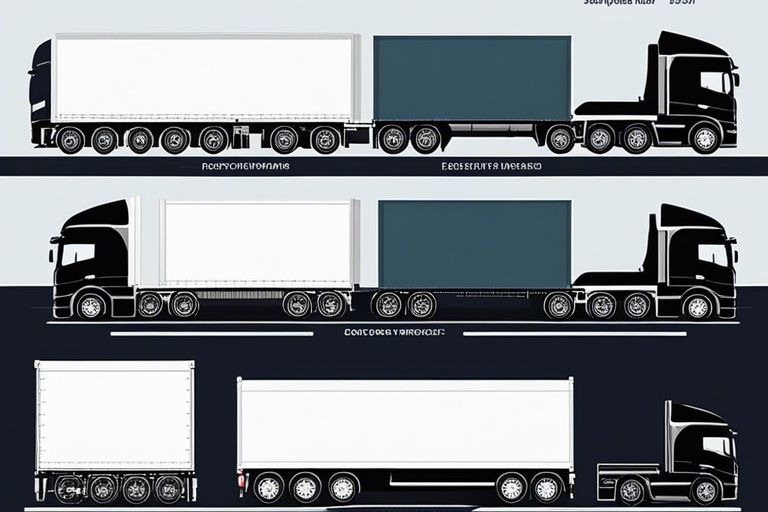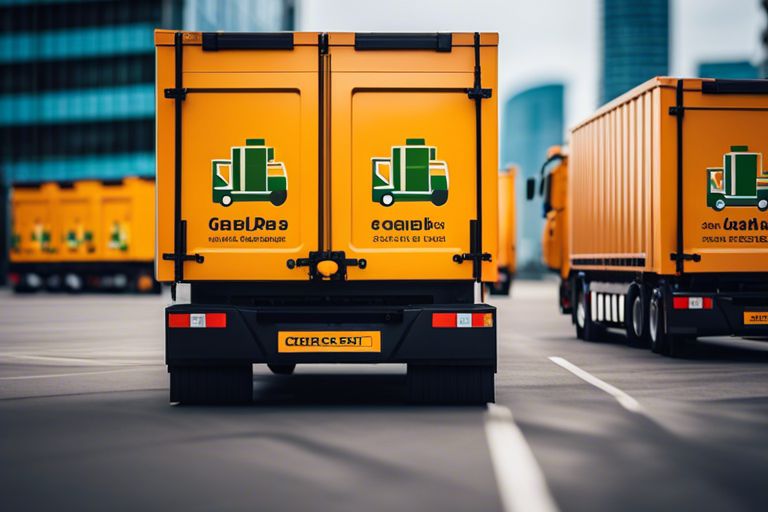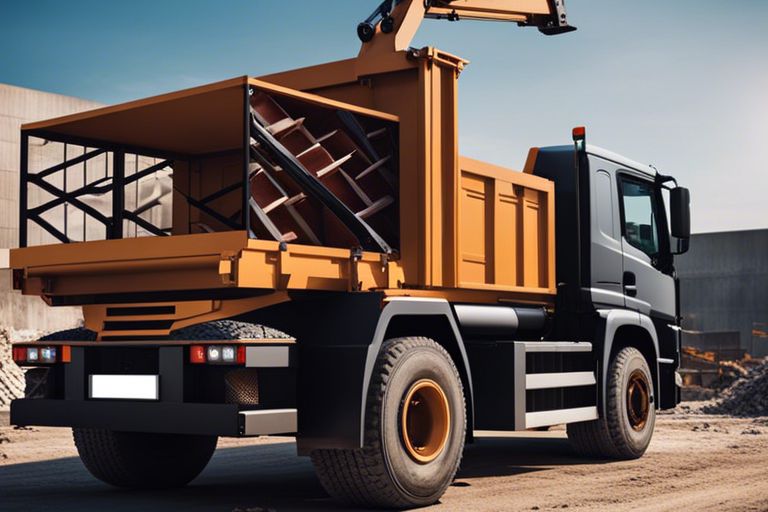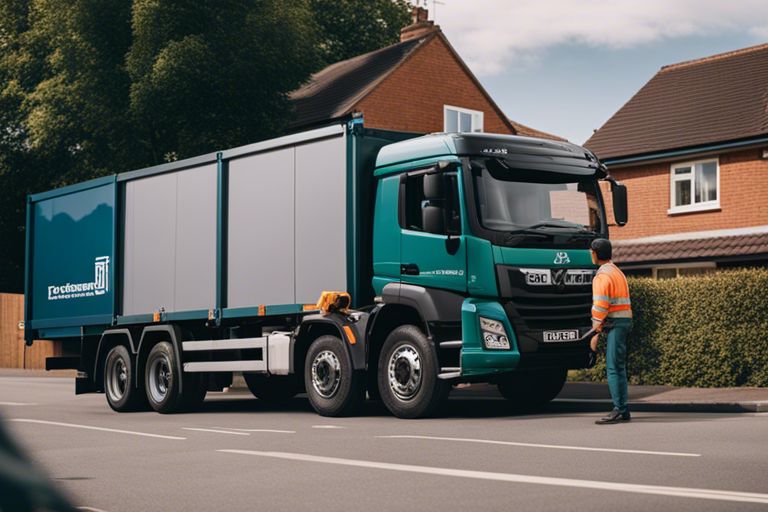Understanding lorry sizes in the UK is crucial for businesses and individuals looking to make informed decisions when purchasing a commercial vehicle. From small vans to large articulated lorries, the range of options can be overwhelming. This comprehensive guide aims to provide clarity on the different types of lorries available in the UK, their specific uses, and key factors to consider in order to make the right choice for your transportation needs.
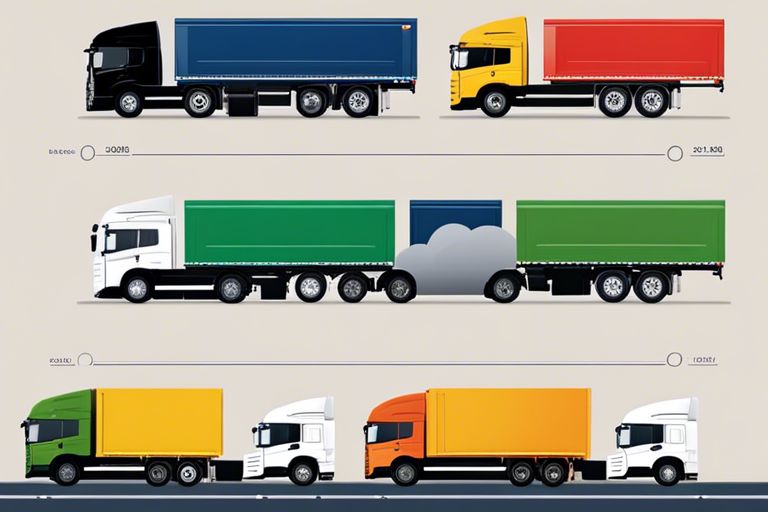
Key Takeaways:
- Understanding requirements: Before selecting a lorry size in the UK, it is crucial to assess your specific needs such as load capacity, frequency of use, and the terrain it will operate in.
- Legal regulations: Familiarise yourself with the legal regulations concerning lorry sizes in the UK to ensure compliance with weight limits, road access restrictions, and necessary permits.
- Cost considerations: Factor in not just the initial purchase price of the lorry but also ongoing expenses like maintenance, insurance, fuel efficiency, and any additional equipment needed for the lorry.
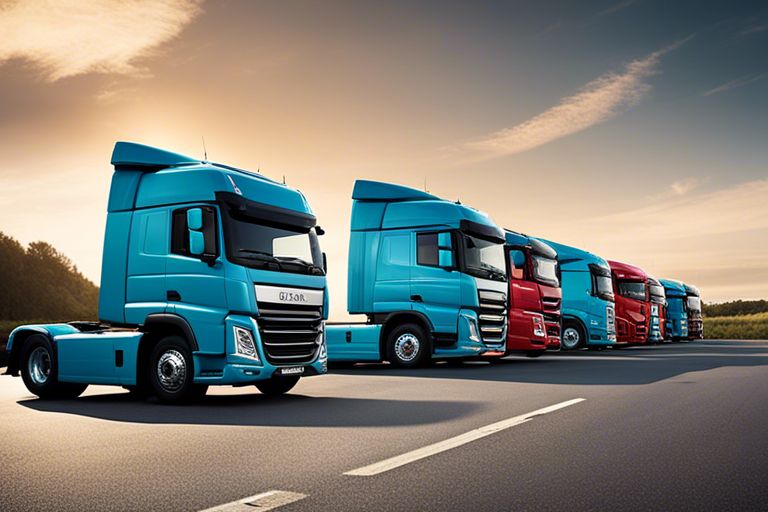
Understanding Lorry Classifications in the UK
Overview of Weight and Size Categories
On the journey of selecting the right lorry for your transportation needs, it is crucial to comprehend the weight and size categories that each vehicle falls under. To investigate deeper into this topic, you can refer to The Box Truck Buyer’s Handbook: Comprehensive Guide for a detailed understanding of the classifications available.
Specific Terminology Explained
Explained in this section are the specific terminologies used in the lorry industry to categorise different vehicles. For instance, terms like ‘rigid’, ‘articulated’, ‘box truck’, and ‘curtain sider’ are commonly used to describe lorry types, each with its unique features and applications. Understanding these terms is important for making an informed decision when purchasing a lorry for your business.
Factors Influencing Lorry Size Selection
It is crucial for businesses to carefully consider several factors when selecting the appropriate lorry size for their operations. Making the right choice can significantly impact efficiency, costs, and overall productivity. Factors influencing lorry size selection include:
- Business Needs and Cargo Types
- Road Regulations and Restrictions
- Cost Considerations
- Environmental Impact
- Future Growth and Expansion Plans
Perceiving the importance of these factors will ensure that businesses make informed decisions that align with their specific requirements. For more detailed guidance, you can refer to the Forklift Truck Buying Guide for 2023.
Business Needs and Cargo Types
Businesses must assess their unique requirements and the types of cargo they typically transport before deciding on the right lorry size. By evaluating these factors, they can determine the capacity, size, and specific features needed to effectively meet their logistics demands. Thou, it is vital to consider the following points:
| Business Needs | Cargo Types |
|---|---|
| Regular transportation volume | Fragile or perishable goods |
| Delivery locations and distances | Large or heavy items |
| Specialist equipment requirements | Hazardous materials |
| Seasonal fluctuations in demand | Temperature-sensitive products |
| Customer service level agreements | Irregularly shaped cargo |
Road Regulations and Restrictions
Factors such as weight limits, height restrictions, and specific vehicle dimensions imposed by road regulations can greatly influence lorry size selection. It is vital for businesses to comply with these regulations to ensure safe and legal operation on UK roads. Businesses should research and understand the requirements set out by authorities to avoid penalties and potential disruptions. It is advisable to consult with industry experts or regulatory bodies for guidance on adhering to road regulations and restrictions effectively.

Financing and Cost Considerations
Purchase vs. Lease Options
Options for acquiring a lorry in the UK typically come down to purchasing or leasing. When considering a purchase, you own the lorry outright but face higher upfront costs. On the other hand, leasing allows for lower initial costs but may involve additional fees over time. Assess your budget and business needs to determine which option aligns best with your financial goals.
Other Associated Costs
Any decision regarding a lorry purchase or lease should account for other associated costs beyond the sticker price. These can include insurance premiums, maintenance expenses, road tax, and any potential fees for exceeding mileage limits. It’s imperative to factor in these additional costs to ensure you have a comprehensive understanding of the financial implications of owning or leasing a lorry in the UK.
To create an accurate budget for your lorry investment, consider all the potential expenses involved in owning or leasing a vehicle. By doing so, you can make an informed decision that aligns with your financial capabilities and long-term business objectives.
Maintaining Your Lorry Fleet
Periodic Maintenance and Servicing
To ensure the optimal performance and longevity of your lorry fleet, it is vital to conduct regular periodic maintenance and servicing. This includes routine checks on the engine, brakes, tyres, lights, and other critical components. By adhering to a strict maintenance schedule, you can proactively address any potential issues before they escalate, ensuring the safety of your drivers and the efficiency of your operations.
Upgrading and Modifying Lorries
One way to enhance the capabilities and efficiency of your lorry fleet is through upgrading and modifying the vehicles. This can involve installing new technology, such as GPS tracking systems or dash cams, to improve safety and monitoring. Additionally, modifying the lorry’s design to increase payload capacity or fuel efficiency can help optimise your fleet’s performance and reduce operational costs.
Plus, upgrading and modifying lorries can also help you comply with changing regulations and industry standards. Whether it’s retrofitting older vehicles with emissions-reducing technology or enhancing driver comfort and ergonomics, staying up-to-date with the latest advancements can give your lorry fleet a competitive edge in the market.
Conclusion
With this in mind, navigating lorry sizes in the UK can be a complex task, but it is crucial to make the right choice. Understanding the various factors such as payload capacity, manoeuvrability, and fuel efficiency is necessary in ensuring that you select the most suitable lorry for your needs. Keeping in mind the legal requirements and restrictions can also help you avoid unnecessary fines or penalties. By conducting thorough research and consulting with professionals, you can make an informed decision that will benefit your business in the long run. Note, choosing the right lorry size is not just about the initial purchase, but it also impacts your operational costs and efficiency. Take the time to evaluate your requirements carefully and invest in a lorry that will serve you well.
FAQ
Q: What factors should be considered when choosing a lorry size in the UK?
A: When choosing a lorry size in the UK, factors such as payload capacity, vehicle dimensions, and road restrictions should be carefully considered.
Q: How does payload capacity affect the choice of lorry size?
A: Payload capacity is crucial as it determines how much weight the lorry can carry safely. It is necessary to choose a lorry size that can accommodate your specific load requirements.
Q: What are the common sizes of lorries available in the UK?
A: Common lorry sizes in the UK include small vans, 7.5-tonne lorries, 18-tonne lorries, and 44-tonne articulated lorries.
Q: How do vehicle dimensions impact lorry size selection?
A: Vehicle dimensions are important as they determine the manoeuvrability and accessibility of the lorry. It is crucial to consider the length, width, and height of the vehicle based on your operational needs.
Q: What are the legal weight restrictions for lorries on UK roads?
A: In the UK, lorries are subject to weight restrictions based on axle load limits and overall vehicle weight. It is important to comply with these regulations to ensure road safety and avoid penalties.
Q: How do road restrictions influence the choice of lorry size?
A: Road restrictions such as height barriers, weight limits on certain roads, and narrow lanes can impact the choice of lorry size. It is vital to select a lorry size that can navigate various road conditions efficiently.
Q: What are the benefits of choosing the right lorry size for transportation needs?
A: Choosing the right lorry size can result in cost savings, improved efficiency, and enhanced safety. By selecting a lorry size that meets your specific requirements, you can ensure smooth operations and optimal performance.

